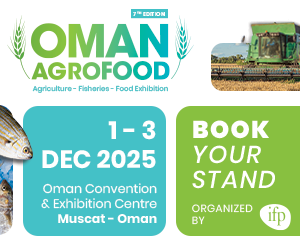Egypt is aiming to raise its farming exports to a record $19 billion by 2030 as part of economic reforms recommended by the International Monetary Fund to stimulate growth and narrow deficits.
The plan targets $7 billion from farm and food exports and $12 billion from processed food products.
“We are working to enter 24 new markets that will allow us to significantly expand our farming exports,” said Abdul Hameed Damirdash, chairman of Egypt’s Agriculture Export Council. He noted that previous breakthroughs came when Egypt reached beyond its traditional markets in Europe and the Gulf.
The fresh push is directed mainly toward Asian markets—including China, Japan, Indonesia, Vietnam, and the Philippines—as well as Latin American countries such as Argentina, Brazil, Uruguay, and Paraguay. Damirdash added that the strategy seeks 10–12% annual growth in farming exports until 2030, though entering new markets typically requires 2–3 years.
Egypt is also accelerating efforts to reduce import dependence, promote exports, and attract foreign capital into export-oriented industries like garments, textiles, chemicals, metals, and light manufacturing.
Officials have announced a “national programme” to develop the textile sector, viewed as a pillar of the economy and a key source of hard currency. Mohamed Abdel Salam, chairman of the Ready-Made Garments and Textiles Chamber at the Federation of Egyptian Industries, said earlier this year that the sector is expanding thanks to global shifts and rising foreign direct investment.
Trade data show Egypt narrowed its trade deficit by 18% in May, with imports dropping 6.7% year on year to $7.7 billion, while exports rose 4.6% to $4.25 billion. Garment exports surged 33%, and petroleum exports climbed 53%, helping reduce the deficit to $3.4 billion from $4.2 billion in May 2024.
Source: agbi.com




















































































